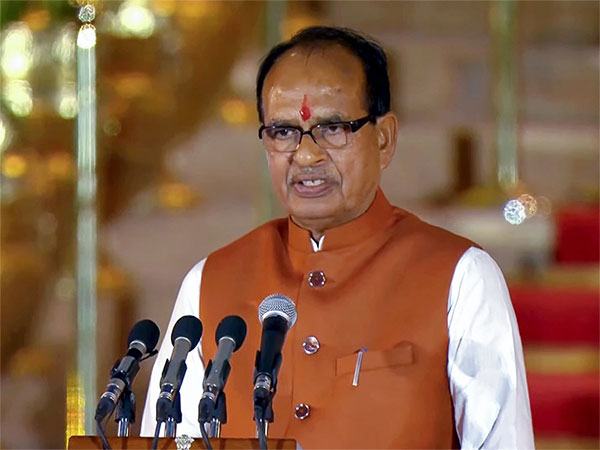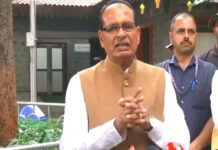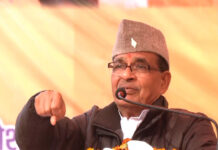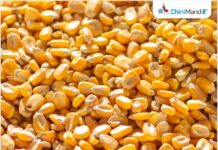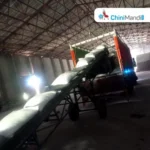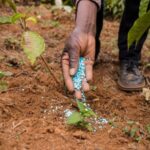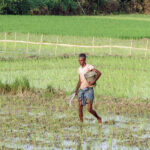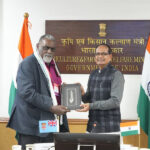Union Minister for Agriculture & Farmers’ Welfare and Rural Development, Shivraj Singh Chouhan, virtually addressed a programme organised at the Indian Council of Agricultural Research (ICAR), Pusa, New Delhi, in celebration of National Space Day. The event focused on the theme ‘Research and Development in Space Technology for Agricultural Transformation’, and was attended by ICAR Director General Dr. M.L. Jat and senior scientists.
In his address, Chouhan expressed his enthusiasm for seeing National Space Day celebrated at ICAR. He emphasized the transformative role space science is playing both in India and globally, particularly in agriculture. “We all recognize the importance of science and technology in farming. It is essential to build further on this foundation,” he said.
Referring to scientists as “modern sages,” Chouhan noted that advancements in science have redefined agriculture and improved farmers’ livelihoods. He highlighted India’s achievement of record food grain production, attributing a significant part of this success to space-based technologies. Applications such as crop yield forecasting, monitoring cropping systems, and evaluating acreage for various crops—including wheat, rice, mustard, cotton, and sugarcane—are now heavily supported by satellite data, he explained.
The Minister pointed out that while weather predictions once relied on traditional beliefs, today tools like ISRO’s Geo Portal provide farmers with accurate and timely information on rainfall, drought, and soil moisture. These insights have allowed farmers to make informed decisions about crop planning and management. The portal also integrates crop health data for precision agriculture.
Chouhan also mentioned technological developments that enable pest detection through photos uploaded by farmers, as well as tools for real-time monitoring of wheat sowing and harvesting. He noted that the Agriculture Ministry’s data now aligns with NRSC’s CROP framework. Furthermore, he highlighted the potential of the upcoming NASA-ISRO NISAR mission to generate highly accurate estimates of soil moisture, crop health, and biomass across various land scales.
Addressing issues with the Pradhan Mantri Fasal Bima Yojana, Chouhan acknowledged past shortcomings in crop-cutting experiments and compensation distribution. However, he stated that satellite-based remote sensing now allows for accurate assessments of crop loss, ensuring that compensation reaches the right farmers.
He underlined the role of space science in disaster preparedness, particularly in predicting temperature spikes, storms, and droughts, which help protect crops and manage risk. He stressed the importance of directly delivering such information to farmers, adding that the ‘Viksit Krishi Sankalp Abhiyan’ was launched to bridge this gap by bringing scientific advances to the grassroots.
“Our key challenge today is to provide farmers with real-time data to support their decisions. I have full faith in our scientific community’s capabilities,” he said. During the campaign, farmers voiced several concerns, such as the need for devices to detect counterfeit fertilisers and pesticides. Citing instances where pesticide use damaged soybean crops, he urged scientists to prioritise solutions for this issue.
Clarifying his broader view of science, Chouhan said that agricultural advancement should not rely solely on space science. While space applications are crucial, he called for continued research and experimentation in all agricultural disciplines. “Nearly 500 new research topics have emerged from this campaign, and we must address them. Let us work with the spirit of ‘One Nation – One Team – One Goal’. Focused, subject-specific research will lead to meaningful outcomes,” he said.
Acknowledging the progress made, he said much remains to be done, especially in improving small farm productivity, addressing virus-related crop damage, and boosting yields in pulses, oilseeds, and soybean.
Chouhan praised India’s growing stature in space exploration, congratulating astronaut Shubhanshu Shukla for his recent mission. “His success marks a new chapter for our space journey and holds promise for even faster progress,” he said.
He also reflected on India’s long-standing scientific heritage, pointing to contributions by ancient scholars like Aryabhata. “We have a legacy of scientific innovation. Today, with milestones like the Chandrayaan mission and preparations for Gaganyaan, India is advancing at a remarkable pace,” he said.
In conclusion, Chouhan urged scientists to explore critical areas including space applications in agriculture, agricultural surveys, horticulture, livestock, natural resource management, and crop-specific studies. He called for a scientific approach across all sectors of agriculture, expressing confidence in the capabilities of Indian scientists. “India is rich in talent. Our scientists are exceptional, and I wholeheartedly salute their efforts. I am confident they will continue achieving great milestones,” he said, extending his best wishes on National Space Day.

